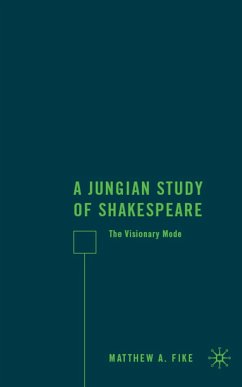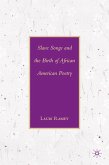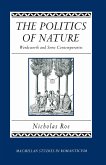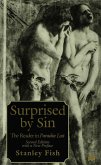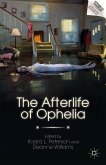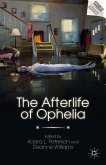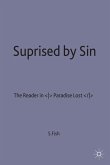Employing the analytical psychology of Carl Jung, Matthew A. Fike provides a fresh understanding of individuation in Shakespeare. This study of "the visionary mode" - Jung s term for literature that comes through the artist from the collective unconscious - combines a strong grounding in Jungian terminology and theory with myth criticism, biblical literary criticism, and postcolonial theory. Fike draws extensively on the rich discussions in the Collected Works of C. G. Jung to illuminate selected plays such as A Midsummer Night s Dream, The Merchant of Venice, The Henriad, Othello, and Hamlet in new and surprising ways. Fike s clear and thorough approach to Shakespeare offers exciting, original scholarship that will appeal to students and scholars alike.
" A Jungian Study of Shakespeare is a powerful analysis of the psychic and the historical in Shakespeare s plays. Both scholarly and lively, Fike brings such under-researched notions as unconscious, myth, trickster, a man s inner feminine, and the shadow of self and society into a new and satisfying understanding of Shakespeare s play. A strongly recommended addition to the scholarship of the Bard." - Susan Rowland, Professor of English and Jungian Studies, University of Greenwich

